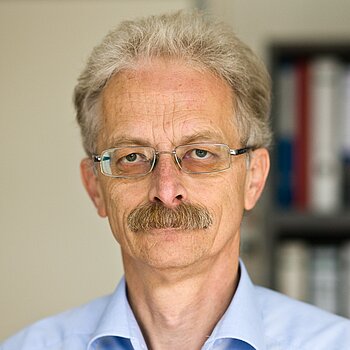C: Bacterial Communities and Host
Central question:
Which general principles are used by bacterial microbiome members and host cells to communicate and interfere with each other?
Aim
Antimicrobial host factors are critical for shaping the composition of the microbiome and individual differences in the expression of such factors contribute to microbiome dysfunction and diseases. Scientists in Research Area C will join forces to identify in human microbiomes host-produced bioactive molecules and metal-ions scavengers that restrict the growth of microorganisms.
They will then elucidate the effects of these compounds on bacterial fitness in host-specific habitats and on the dynamics of microbial communities in in vitro and in vivo microbiome model systems. The impact of specific Microbial-Associated Molecular Patterns (MAMPs) and MAMP variants on the production of antimicrobial molecules and inflammatory mediators will be further investigated in gnotobiotic transgenic mice. The long term goal of Research Area C is to unravel principles of communication between microbiomes and hosts on a systemic level.
Principal Investigators
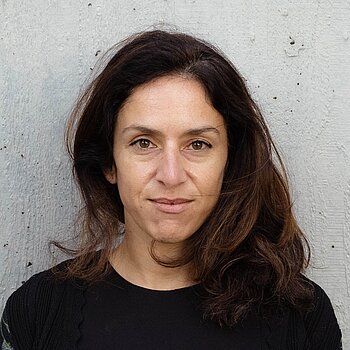 © Leon Kokkoliadis
© Leon Kokkoliadis
University of Tübingen
Interfaculty Institute of Microbiology and Infection Medicine
 @
@ uni-tuebingen.
uni-tuebingen. de
deWebsite
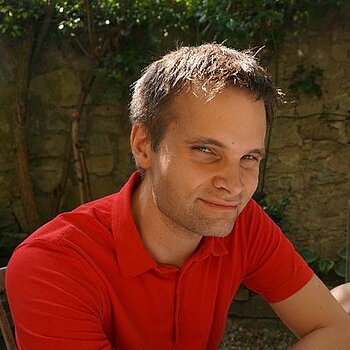 © Franz Baumdicker
© Franz Baumdicker
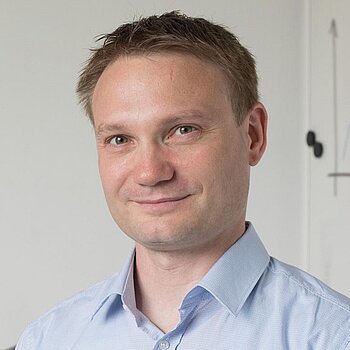
University of Tübingen
Institute for Biomedical Informatics
Computational Systems Biology
 @
@ uni-tuebingen.
uni-tuebingen. de
deWebsite
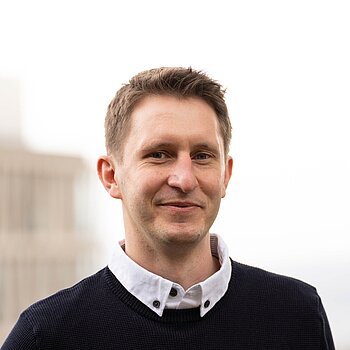 [Translate to Englisch:] © Universität Tübingen / Friedhelm Albrecht
[Translate to Englisch:] © Universität Tübingen / Friedhelm Albrecht
University of Tübingen
Interfaculty Institute of Microbiology and Infection Medicine
Infection Biology
 @
@ uni-tuebingen.
uni-tuebingen. de
deWebsite
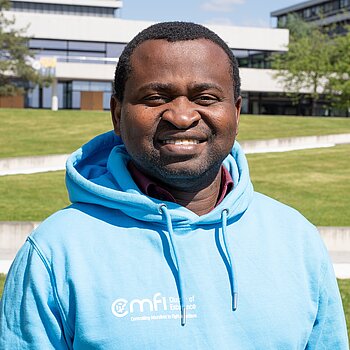 © Leon Kokkoliadis
© Leon Kokkoliadis
University of Tübingen
Interfaculty Institute of Microbiology and Infection Medicine
Infection Biology
 @
@ mnf.uni-tuebingen.
mnf.uni-tuebingen. de
deWebsite
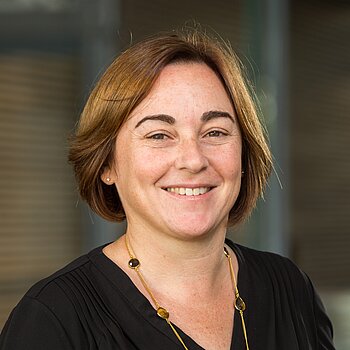 © Max Planck Institute for Biology
© Max Planck Institute for Biology
Deputy Spokesperson, Coordinator Research Area C
Max Planck Institute for Biology
Managing Director
Department of Microbiome Science
 @
@ tuebingen.mpg.
tuebingen.mpg. de
deWebsite
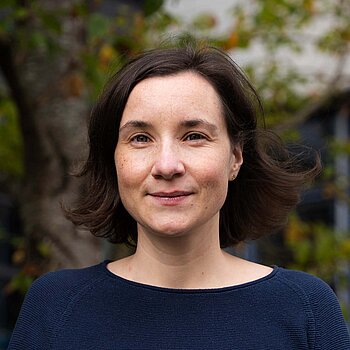 © Leon Kokkoliadis
© Leon Kokkoliadis
Board Member, Coordinator Research Area B
University of Tübingen
Interfaculty Institute of Microbiology and Infection Medicine
Microbiome-Host Interactions
 @
@ uni-tuebingen.
uni-tuebingen. de
deWebsite
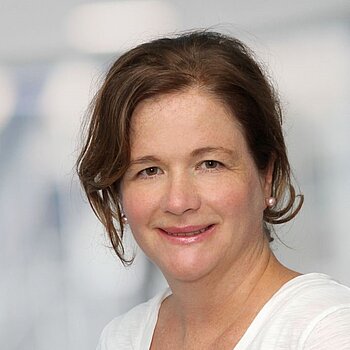 © UKT
© UKT
University of Tübingen
Interfaculty Institute of Microbiology and Infection Medicine
 @
@ med.uni-tuebingen.
med.uni-tuebingen. de
deWebsite
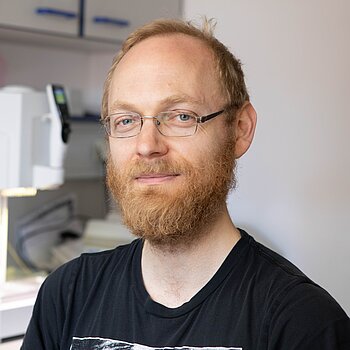 © Jörg Jäger/University of Tübingen
© Jörg Jäger/University of Tübingen
University of Tübingen
Interfaculty Institute of Microbiology and Infection Medicine
Systems Biology of Microbial Communities
 @
@ cmfi.uni-tuebingen.
cmfi.uni-tuebingen. de
deWebsite

University of Tübingen
Interfaculty Institute for Cell Biology
Department of Immunology
 @
@ uni-tuebingen.
uni-tuebingen. de
deWebsite
 © Max Planck Institute for Biology
© Max Planck Institute for Biology

